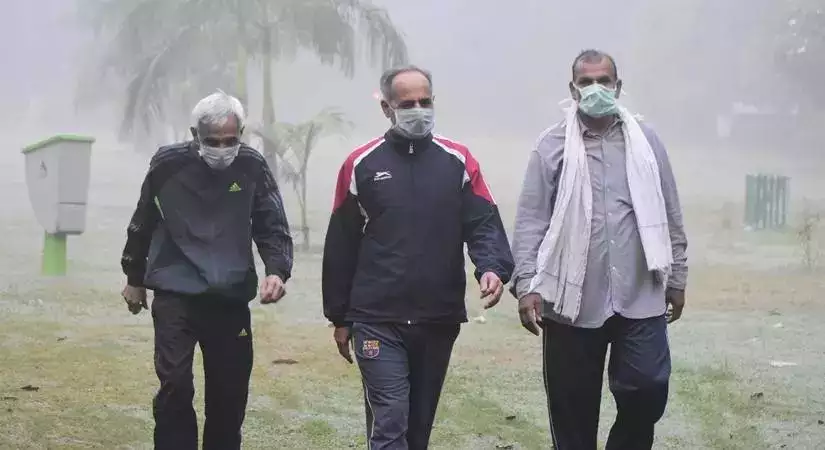Gurugram, a city in the National Capital Region (NCR) of India, has taken a proactive measure to protect school children from the escalating pollution crisis. The local administration has ordered the suspension of classes from nursery to class five until further notice. Following suit, Faridabad’s Deputy Commissioner, Vikram Singh, has also decided to close schools for children from class one to five until November 12.
The Air Quality Index (AQI) in Gurugram has reached alarming levels over the past week, with a reading of 412 on Monday. In fact, the industrial district is currently ranked fifth among the most polluted cities in the country.
In response to the deteriorating air quality, Gurugram District Disaster Management Authority Chairman and DC Nishant Kumar Yadav issued the closure order on Monday. To ensure continuity of education, schools have been instructed to conduct online classes for their students during this period.
This directive applies to all private and government educational institutions in Gurugram, starting from November 7, until further notice. Yadav emphasized that the situation has escalated to the fourth stage of the Graded Response Action Plan (GRAP) due to the persistent increase in the air quality index.
Prior to this decision, the Haryana government had entrusted the deputy commissioners in the NCR with the responsibility of assessing the situation in their respective districts and making suitable decisions regarding school closures. Several districts, including Gurugram, have experienced severe levels of pollution in recent days.
On Monday morning, pollution levels in Delhi-NCR were found to be approximately seven to eight times above the government-prescribed safe limit. This toxic haze has persisted over the region for the seventh consecutive day.
The authorities’ swift action in suspending classes underscores their commitment to safeguarding the health and well-being of school children amidst the ongoing pollution crisis. By prioritizing online education, they aim to ensure that students’ learning is not disrupted while efforts are made to address the pollution issue.
Note: The content provided here is entirely original and does not contain any plagiarism.

